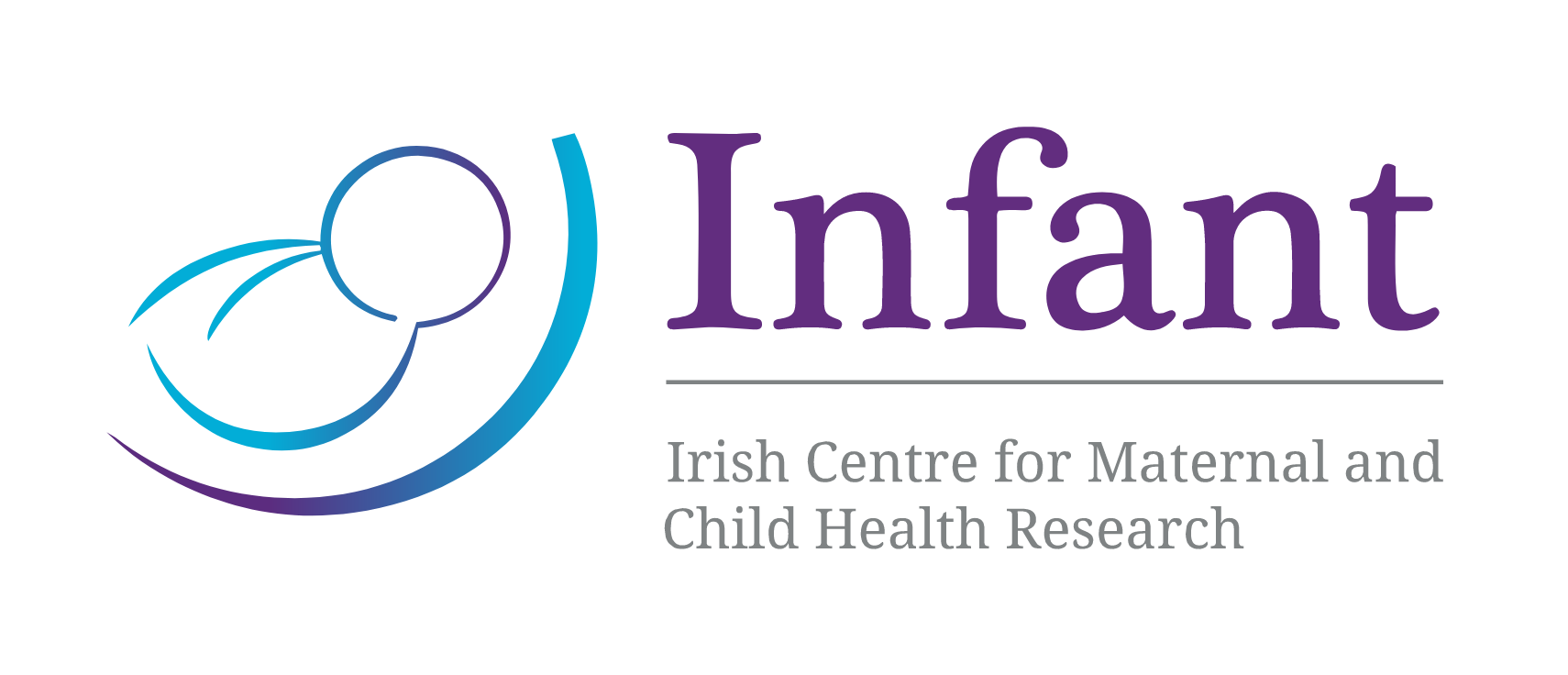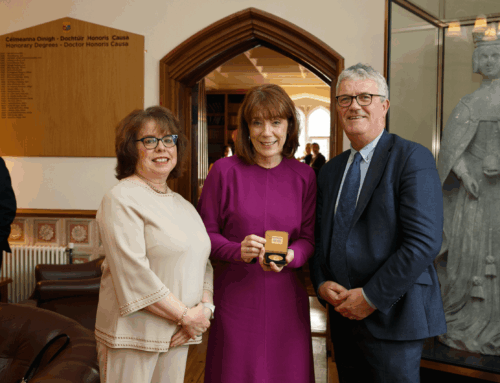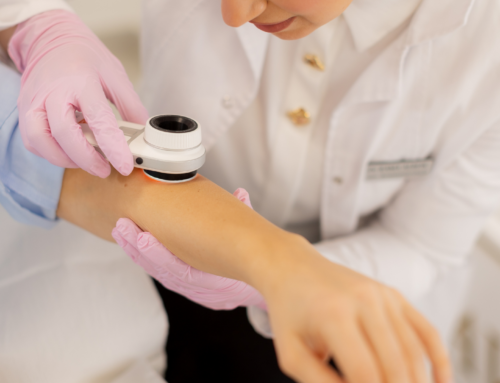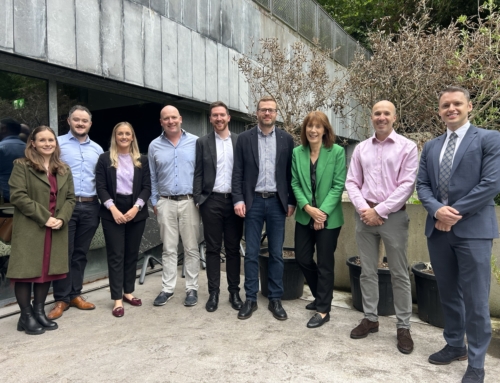INFANT’s Dr Elaine McCarthy is the lead investigator on the IDEA project, a study that aims to develop two screening tools to identify iron deficiency among pregnant women and preterm infants.
Funded by the Health Research Board (HRB), it is anticipated that the project will lead to the creation of screening tools that can be integrated into clinical practice and allow for the early detection of iron deficiency.
Titled Iron Deficiency Assessment for protection of the newborn brain, the project has the potential to identify a condition that is estimated to affect 2 billion people worldwide, according to Dr McCarthy.
In Europe, one in three pregnant women are iron deficient, with even higher rates of up to 85% iron deficiency seen in some countries.
Similarly, high rates of deficiency are widely reported in infants and young children, with evidence suggesting as many as one in two young children are iron depleted or deficient.
If left untreated, iron deficiency will progress into iron deficiency anaemia, which can result in adverse pregnancy outcomes such as preterm birth or the birth of a low-birth-weight infant.
We want to protect women and their children from iron deficiency by creating a tool that will identify the mothers and infants who are at the greatest risk so that they can receive early treatment.
By taking such a preventive approach, Dr McCarthy, a Lecturer in the School of Food and Nutritional Sciences, believes that the IDEA project can lead to improved health and wellbeing outcomes and result in the overall enhancement of educational attainment, job potential and quality of life.
Dr McCarthy’s assertion is based on the fact that iron plays an essential role in brain development, with iron deficiency labelled as one of the leading causes of diminished neurological developmental potential worldwide.
From our earlier research, we know that women’s health and nutritional status both prior to and during pregnancy are critical to the health and development of their child.
Iron deficiency in the prenatal and early postnatal periods can have catastrophic consequences for both mother and infant, including long-lasting, irreversible deficits in cognition, motor function and behaviour.
Therefore, prevention and early detection are critical to protect the developing brain. Unfortunately, we currently don’t have a suitable screening system to enable this early detection of the most vulnerable.
As part of the initial phase of the project, Dr McCarthy and her team are inviting all pregnant women, aged over 18 years, living in Ireland to take part in a 20-minute online survey that seeks to evaluate nutrition knowledge, attitudes and practices.
Once the survey phase of the project is complete, Dr McCarthy will begin assessing the data before beginning the process of developing a set of predictive indicators that can identify iron deficiency in pregnant women and their infants. Field testing will then follow this phase to validate the operability of the screening tools in clinical practice.






